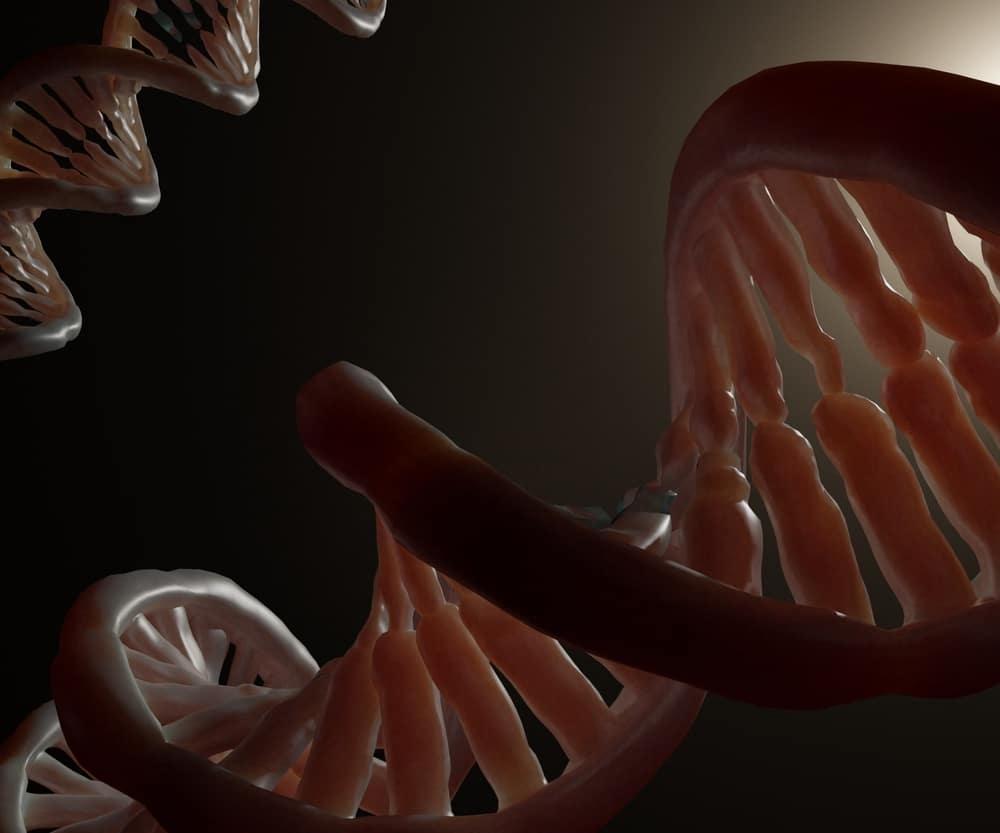biomodal, formerly known as Cambridge Epigenetix, has launched its new duet multiomics solution, which it says reveals the combinatorial power of genetic and epigenetic information from a single low volume sample.
The duet multiomics solution is the world’s first single-base-resolution sequencing technology that enables the simultaneous phased reading of genetic and epigenetic information in a single sample, with one workflow, using any sequencer.
The hardware-agnostic product provides more epigenetic information from a single low input DNA library without complex, resource intensive bioinformatics or harsh chemical treatment.
Recently published in Nature Biotechnology, the solution provides a more complete picture of the information stored in genomes availing new insights from applications throughout biomedicine.
“Our novel solution removes the technical barriers that have previously held back our broader understanding of epigenetics. Now, our customers can accelerate their research with a more comprehensive view of regulatory function across the genome, through the interplay of genetics and epigenetics at read level. We believe this opens a new era of discovery and utility within next-generation sequencing by capturing additional biological modalities to reveal the complexity and dynamism of the human genome,” said Peter Fromen, biomodal CEO.
Varied applications
The duet multiomics solution empowers applications across many fields of disease research, delivering greater biological insights into cancer, neurodegenerative disease, aging, cell biology and population genetics. Using cell-free DNA via liquid biopsy, duet multiomics can simultaneously detect powerful genetic and methylation biomarkers in an individual’s blood to provide unique disease insights.
Notably, the use of liquid biopsy in oncology, to profile circulating tumor DNA (ctDNA) in blood, is a promising, minimally-invasive approach for early cancer detection and minimal residual disease monitoring.
“Duet multiomics solution +modC helps to unlock the full potential of liquid biopsies by breaking down significant barriers in our biomarker discovery research, which relies on gaining accurate, comprehensive genetic and epigenetic data from our valuable samples,” said Sarah-Jane Dawson, clinician-scientist at the Peter MacCallum Cancer Centre.
“We gain new insight when measuring the interaction of genetics and epigenetics on the same read, allowing us to better understand the biology behind disease development and treatment responses. We look forward to progressing our research with this technology and affecting a paradigm shift in the way that cancer can be treated and monitored in the clinic.”
The technology has been designed with accessibility at its core and is compatible with existing sequencers.
The first duet multiomics solution, +modC, enables the sequencing of all canonical bases of DNA (A,C,G,T), plus modified cytosine via a single, low input sample (10ng). The plug-and-play software solution combines open source and proprietary tools to form a seamless analysis pipeline that incorporates error suppression, yielding high quality data with base calls in excess of Q40. Sample-level information is then ready for interpretation and insights through our proprietary analytics modules.
This means customers can integrate the technology into their existing workflows without first having to purchase new hardware or build new bioinformatics tools.





